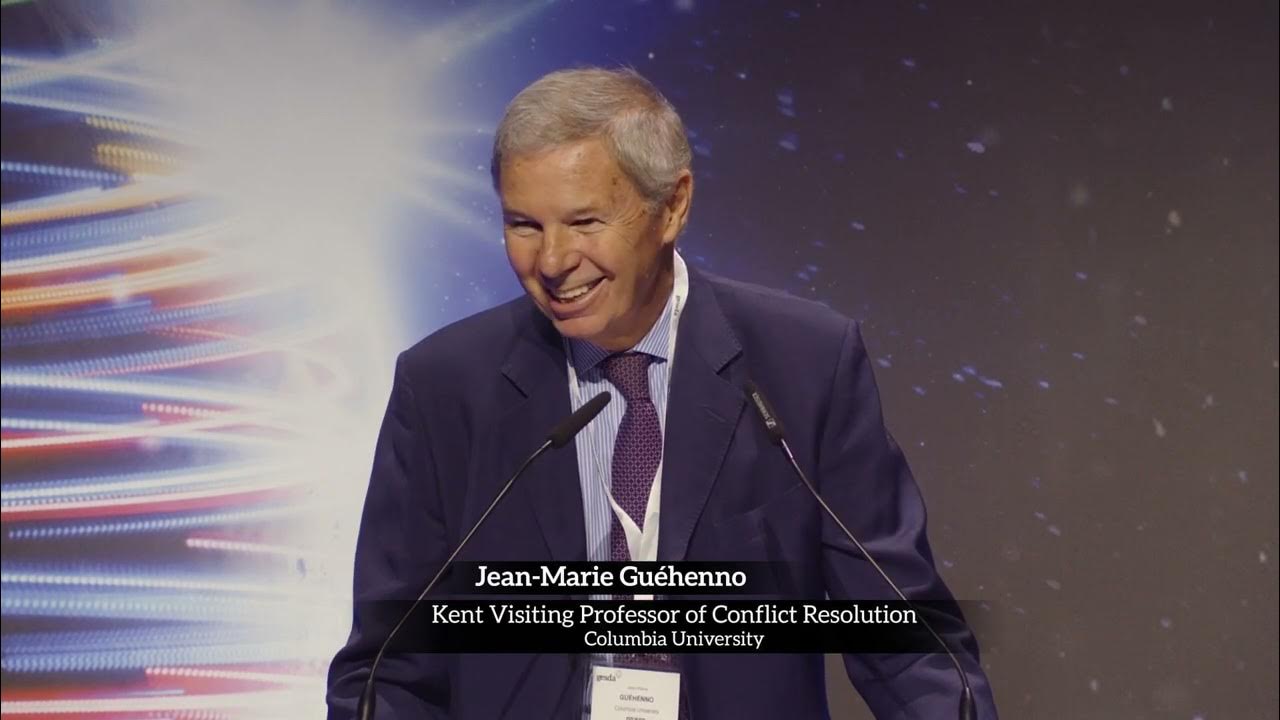Proceeding of the 2023 Geneva Science and Diplomacy Anticipation Summit
The third annual Geneva Science and Diplomacy Anticipation Summit took place on 11-13 October 2023 in Geneva, Switzerland, at the European Organization for Nuclear Research, known by its French acronym CERN. It brought together 800 participants from science, diplomacy, the private sector, philanthropy and civil society to accelerate discussion and action on the implications on anticipated science breakthroughs.
Discover more about the GESDA Summit.
Geopolitics has been increasingly volatile in recent years with the war in Ukraine, unravelling Sino-Western relations and increasing food insecurity to name a few. How can new methodologies for anticipation in peace and security be developed to safeguard the future of humanity?
Takeaway Messages
“Whether it be the Israel-Hamas war or Russia’s assault on Ukraine, the 21st century versions of peace and war are “more complicated than ever” and an anticipatory approach is needed.
”
“Anticipation does not come without its own challenges: to avoid focusing on present-day concerns, one must look at a multiplicity of trends and countertrends on global topics ranging from climate to migration and their interactions with one another.
”
“During two high-level workshops in Geneva and New York in 2023, GESDA, SIPA and the GCSP convened experts who focused on a systematic two-axis approach to anticipation: a vertical axis for the continuum between war and peace, and a secondary axis for the impact of science and technology on societies from enhancing to disrupting the distribution of power.
”
“Despite rising threats from technology, there are some positive signals which deserve more attention and encouragement, such as global youth movements advocating for causes such as climate action and against gender discrimination, which, in some countries has triggered major changes in policies toward long-established social injustices.
”
“Thinking about the future of peace and war also requires thinking about how people will live in the future and who will govern the world in 2050, allowing us to separate the youth of today and the policies of tomorrow from the potential realities of tomorrow.
”
“Conflicts are likely to become far more dangerous if technologies like autonomous weapons evolve beyond our control and remain in the hands of a few, which is why GESDA’s anticipatory approach gives diplomats and policymakers “a futuristic compass” to find a way forward.
”




